Mozambique: Health professionals must be vigilant
Op-Ed: How access to information could be a game changer in rebuilding trust and the social contract – By Idah Z. Pswarayi-Riddihough
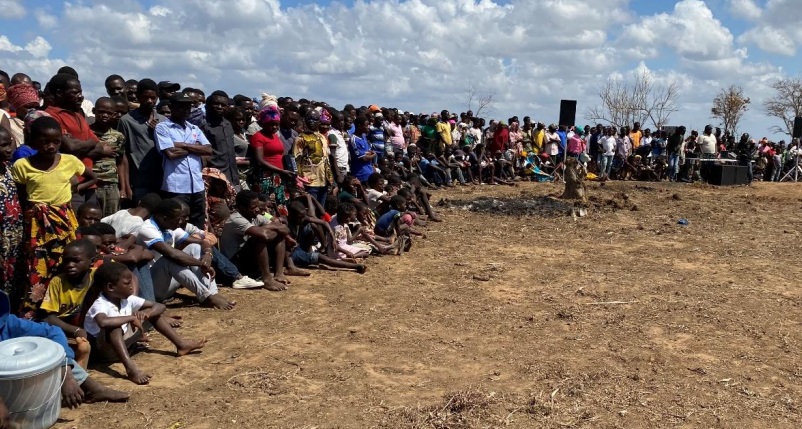
FILE - The picture shows thousands of internally displaced persons (IDPs) and host community members in Naminawe locality in Cabo Delgado, many of them school-age children, a stark reminder of the challenge that lies ahead. File photo by World Bank, September 2022
Access to information has often been an overlooked aspect of development work. It’s not uncommon to find a highly performing development entity that lacks communication systems in place. Without them, it’s as if the work it develops does not exist because no one knows about it. Worse, it becomes impossible to learn from its success, rendering the development effort a never-ending first experiment. As a true believer in the power of information and communication, I couldn’t be happier to witness the launch of the Government of Mozambique Management Information System for the North (MIS), a new World Bank-funded government-run platform that is already proving central in monitoring progress in a credible and transparent manner under challenging circumstances of weak institutions; the latter exacerbated by the conflict.
The platform strengthens institutions. The strength of institutions is intrinsically linked to their ability to deliver programs to the community and communicate effectively about them based on credibly sourced information. Indeed, in conflict induced fragility environments, institutions are fragile because – among other things – they lack the infrastructure to collect the necessary information to inform their own decisions and communicate effectively about their realizations to the beneficiaries and the public. As a result, they are unable to assert their authority by gaining consent from the people they serve, resulting in a self-defeating system that undermines the much-needed trust between authorities and citizens.
The new platform offers a unique opportunity to the authorities and other stakeholders in their efforts aimed at restoring the social contract through trust. The platform allows anyone to verify the implementation status and progress of the various activities in the North as well as where exactly on the map a given activity is taking place, as well as the source of funding. It contains figures, multimedia products depicting results, and testimonials from beneficiaries. It is a tool for dialogue and coordination too. The work in the North involves various actors supporting the Government-led Reconstruction Plan for the North, embodied in its Plano de Reconstrução de Cabo Delgado (PRCD) and the Programa de Resiliência e Desenvolvimento Integrado do Norte de Moçambique (PREDIN). These plans involve three essential areas of interventions: efforts to build social cohesion and resilience to conflict; provision of livelihood and economic opportunities for IDPs and host communities; rehabilitation, reconstruction, and refurbishment of public infrastructures. The implementation of these activities is funded from various sources requiring intensive coordination, which can be made possible through an improved information sharing mechanism to avoid duplication and build on successful experiences.
The platform should help improve governance too. The ultimate goal of this platform is to hold everyone accountable so that results become the focus of the development work in the North. Without access to information, accountability becomes an empty word. Transparency and accountability are the core ingredients needed to re-build the much-needed trust which is the foundation upon which the social contract is based. In other words, the platform is all about placing the beneficiary front and center in our collective effort to rebuild the North. The information it contains and results it shares are all about people and what the whole efforts and resources made available by various partners means to them on the ground. This information is essential to support feedback mechanisms and other efforts by third parties who want to get involved including in the form of informed demand-side accountability about resources made available for the reconstruction.
The World Bank approved in April 2021 a $100 million grant in support of the Government of Mozambique’s Northern Crisis Recovery Project, which focuses on addressing immediate early recovery activities, including restoration of livelihoods and economic opportunities, building of social cohesion, and improving access to basic services as well as the rehabilitation of selected public infrastructure intended to benefit internally displaced persons (IDPs) and host communities in targeted areas of Northern Mozambique. In December 2021, the World Bank approved an additional grant in the amount of $100 million to specifically support the Government with the implementation of the Cabo Delgado Reconstruction Plan targeting the districts of Palma, Mocímboa da Praia, Muidumbe, Macomia and Quissanga, which were recently liberated from insurgency in Northern Cabo Delgado. The platform is funded under this project, whose emerging results, along with those from the wider development partners’ efforts, are highlighted
By Idah Z. Pswarayi-Riddihough
- World Bank Country Director for Mozambique, Madagascar, Mauritius, Seychelles, and Comoros


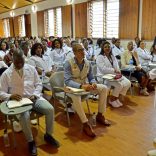
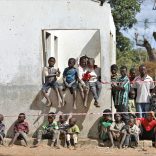


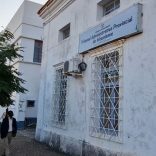
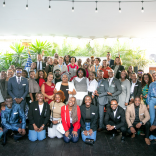





Leave a Reply
Be the First to Comment!
You must be logged in to post a comment.
You must be logged in to post a comment.